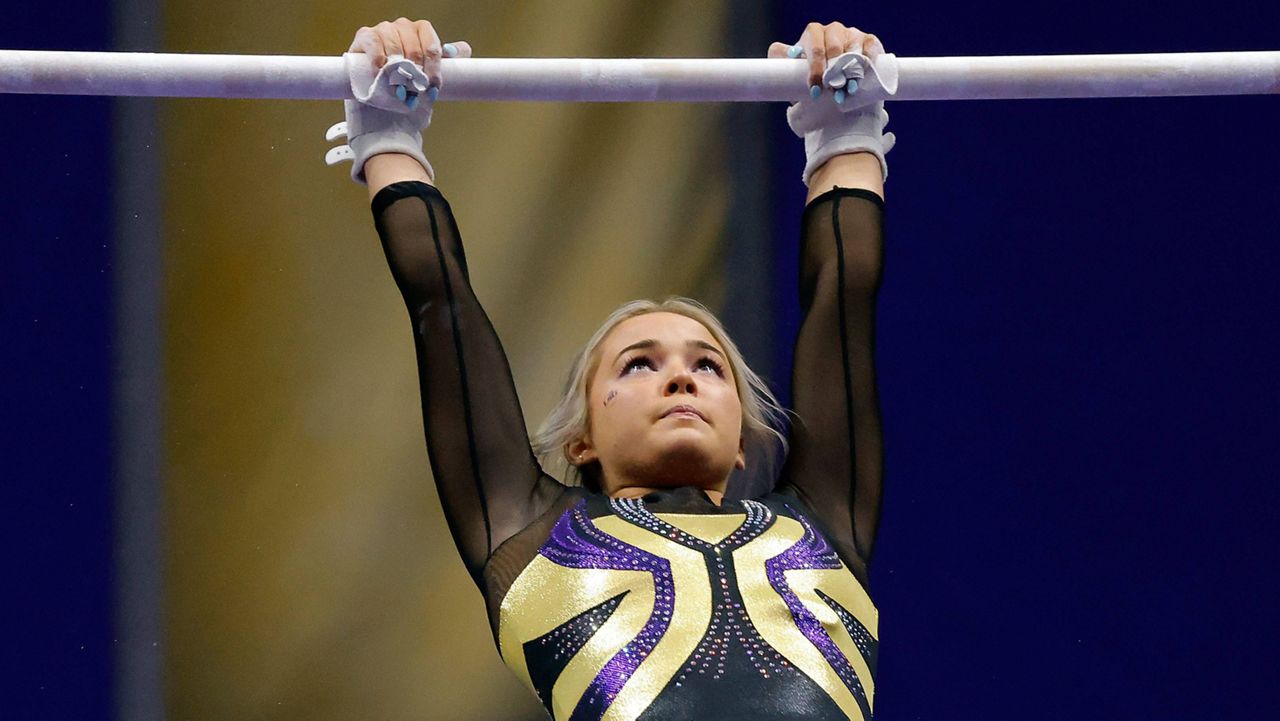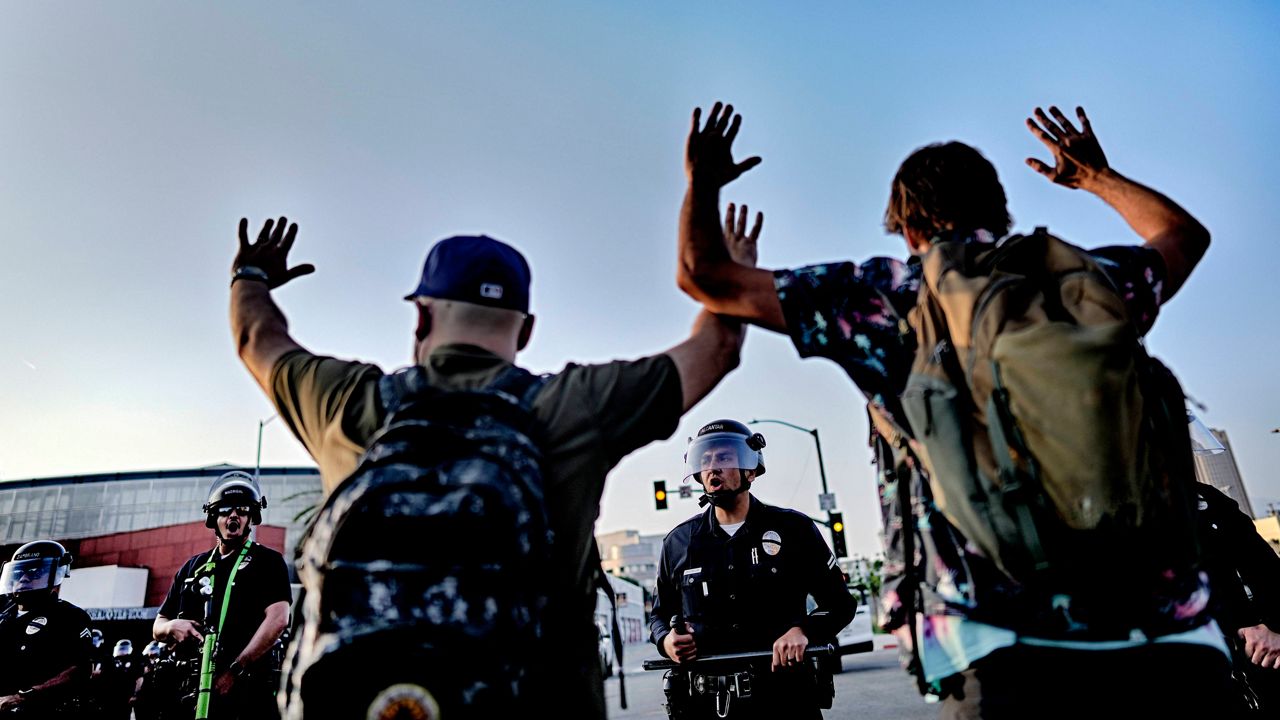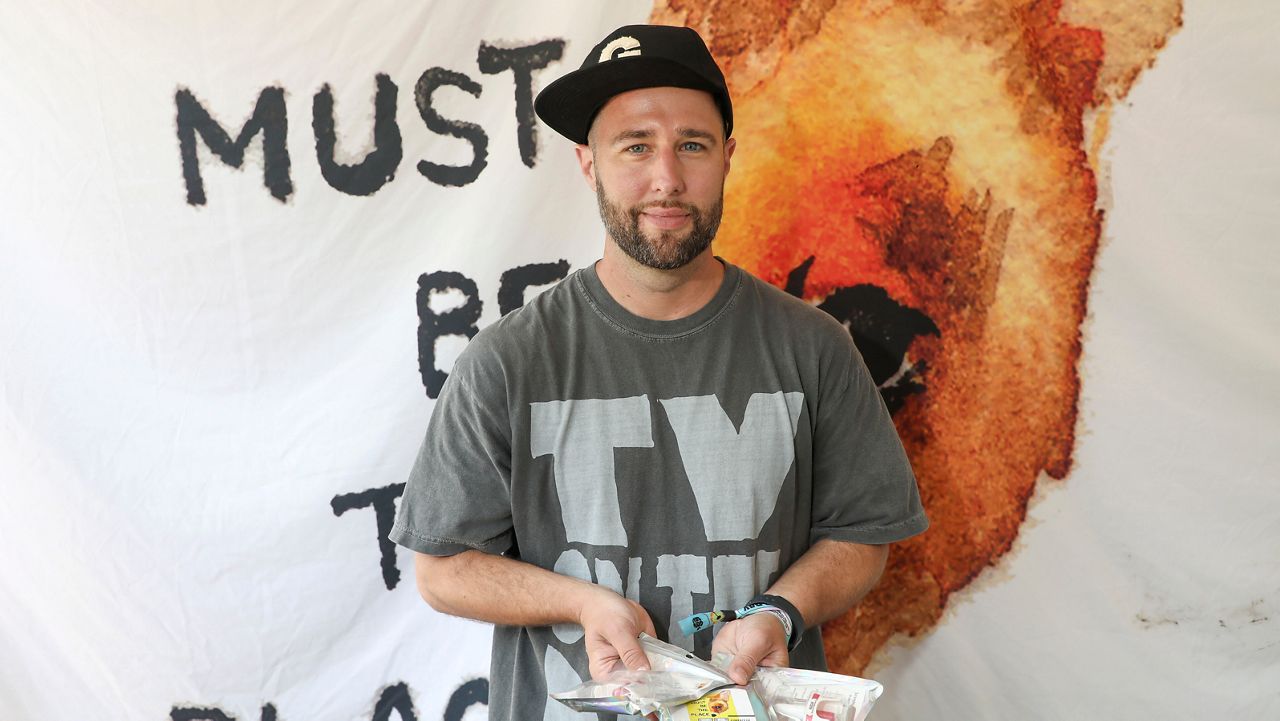LSU gymnast Olivia Dunne's endorsement of an artificial intelligence essay-writing product is raising questions about whether college athletic programs should provide clearer ethical guidelines for athletes earning money from name, image and likeness contracts.
"It does seem problematic to have people sort of promoting plagiarism," said John Basl, a philosophy professor at Northeastern University in Boston who specializes in AI and data ethics, and who also is a faculty affiliate of Harvard's Berkman-Klein Center for Internet and Society.
"It does seem like something colleges should teach students not to do," Basl added.
Dunne's endorsement of a Caktus.AI product appeared recently in the form of a 10-second video post on social media sites including TikTok and YouTube.
Dunne does not speak in the video, but a written quotation representing her thinking states: "Need to get my creativity flowing for an essay due at midnight."
The video then shows Dunne on her laptop as a program takes a few key words about why gymnastics is "the hardest sport" and almost instantaneously produces numerous paragraphs of text on the subject.
It closes with Dunne delivering an emphatic "thumbs up" gesture.
LSU declined to comment on Dunne's post, but did provide a written statement urging that students use caution with such technologies — and warning that they can be sanctioned for misusing it.
"Technology, including AI, can foster learning and creativity. At LSU, our professors and students are empowered to use technology for learning and pursuing the highest standards of academic integrity," the LSU statement read. "However, using AI to produce work that a student then represents as one's own could result in a charge of academic misconduct."
While Basl agreed with LSU's statement, he also said he could foresee colleges increasingly frowning on athletes promoting new technologies in ways which neglect to emphasize the importance of using such products responsibly.
In the case of Dunne's post, Basl said, "The implicature of the 10 seconds is: Here's an easy-peasy way to write an essay."
"It's almost like if a student said, 'I get drunk and get home using my Tesla's autopilot,' or something like that," Basl continued. "So, it would be appropriate for LSU to say it would not approve of its athletes endorsing the unethical use of these tools."
Jake Kasper, assistant director for Michigan State's office of student support and accountability, said it's a mistake for educators or schools to look at AI and say, "This is horrific.' I think there's things that we need to consider when it comes to artificial intelligence, is how can it be a tool for learning."
"I would question whether or not artificial intelligence is the best product to endorse, because there is a concern — from institutions of higher education, there's a concern that artificial intelligence will hinder the ability to learn, to grow, to develop as human beings," Kasper added. "I'm not saying that student-athletes endorsing it is saying, 'Don't learn.' So there's obviously a lot more to discuss and uncover there."
Dunne's social media following numbers around 7 million on TikTok and more than 3 million on Instagram. The 20-year-old from Hillsdale, New Jersey, is believed to have the largest social media audience of any NCAA athlete. Her NIL endorsement contracts, while not public, are estimated by multiple analysts who track such deals to be worth more than $3 million.
While Dunne was a 2021 WCGA All-American on uneven bars and has highlighted her gymnastics performances on social media, her success and fame as an influencer has begun to eclipse that of her athletic career.
During a meet at Utah earlier this season, a loud, charged-up throng of mostly young men showed up and called constantly for Dunne, who was not competing at the time because of an injury. Video from the scene, which some fellow competitors and other witnesses found unseemly, was widely viewed online. Dunne responded by posting a request on her social media accounts that fans be respectful of the other gymnasts at her meets.
LSU, meanwhile, arranged for additional security for Dunne at subsequent events.
LSU deferred interview requests for Dunne to her marketing agent, Ginger Chan of William Morris-Endeavor (WME). Through Chan, Dunne declined to speak with The Associated Press.
Dunne recently returned to competition at Alabama, scoring 9.825 on an uneven bars routine in which she stuck the landing. The performance helped LSU win the meet.
Dunne was not on the U.S. national squad at the Tokyo Olympics in 2021 and is not expected to contend for a spot at the 2024 Games in Paris. She is a junior at LSU, meaning she could choose to compete again next season.








